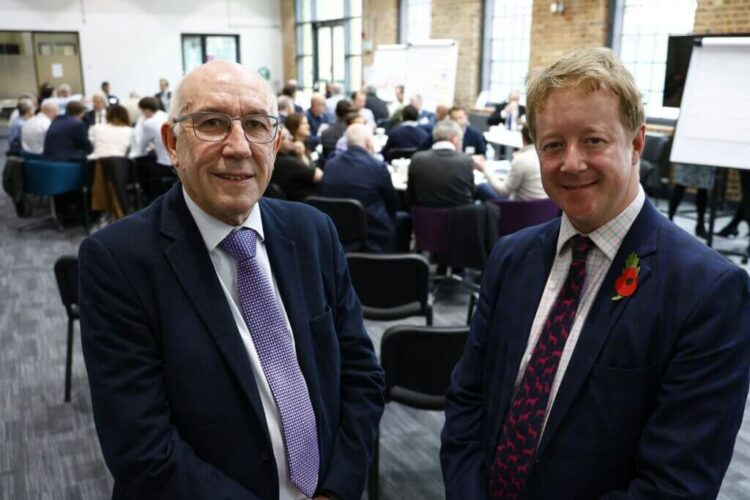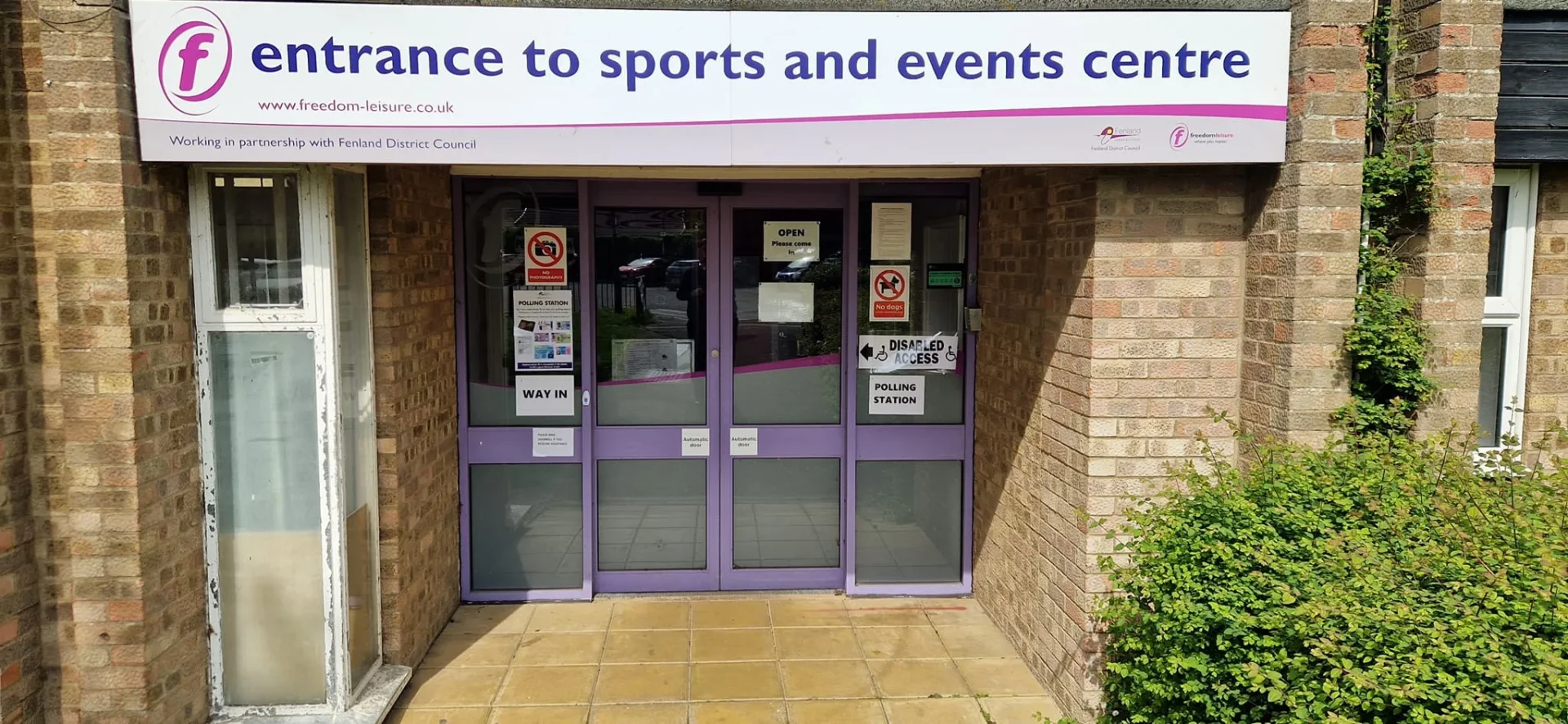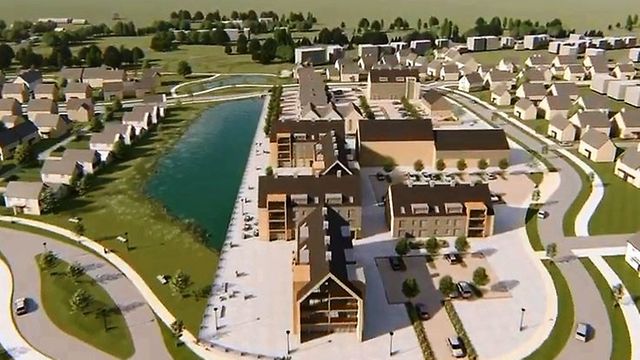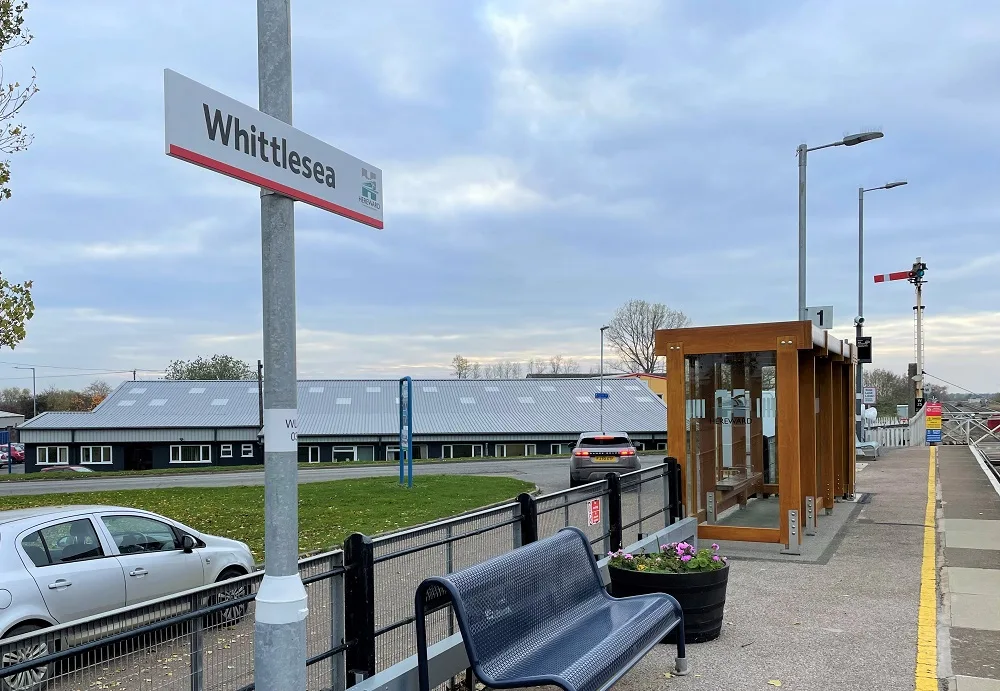A fresh political row has broken out over the future of bus franchising in Cambridgeshire and Peterborough after it emerged that the long-planned overhaul of the region’s bus network will be delayed until at least 2028.
The delay—confirmed at a scrutiny meeting in Peterborough last week—has prompted sharp criticism from Labour councillor Elisa Meschini, who accused Conservative Mayor Paul Bristow of failing to deliver the bus reforms he promised during this year’s mayoral election campaign.
The franchising programme, originally approved in February by former mayor Dr Nik Johnson, was expected to deliver the first publicly controlled services by late 2027. But officers from the Cambridgeshire and Peterborough Combined Authority (CPCA) told councillors that the financial model underpinning the plan no longer worked after Mayor Bristow ruled out using the mayoral precept to help fund it.
CPCA executive director Judith Barker said no “commercial model” currently existed to support the original proposals, triggering an implementation review that is set to run until December. As a result, the start date for franchised services is now slipping to 2028.
‘Dither and delay from the Conservative mayor’
Speaking to Labour supporters in Cambridge, Cllr Meschini—who previously chaired the Greater Cambridge Partnership—said the public would be frustrated to see momentum stall after what had been hailed as the biggest reform of local bus services in forty years.
“Rather than taking back control of our buses, we see dither and delay from the Conservative mayor,” she said.
“Cambridgeshire and Peterborough residents want to take back control of our buses. They want to see public transport run for the public good. That’s what the Mayor’s survey showed earlier this year when nearly two-thirds backed bus franchising.”
She accused Mayor Bristow of shifting his position since the election, arguing that voters were led to believe franchising could proceed without new taxes or delays.
“His manifesto was clear. He claimed he could deliver bus franchising without the mayoral precept. He said: ‘There are other franchising models available’,” she said. “Voters would reasonably expect this pledge to mean that franchising would go ahead, but maybe in a different way behind the scenes. There was no mention of delays.”
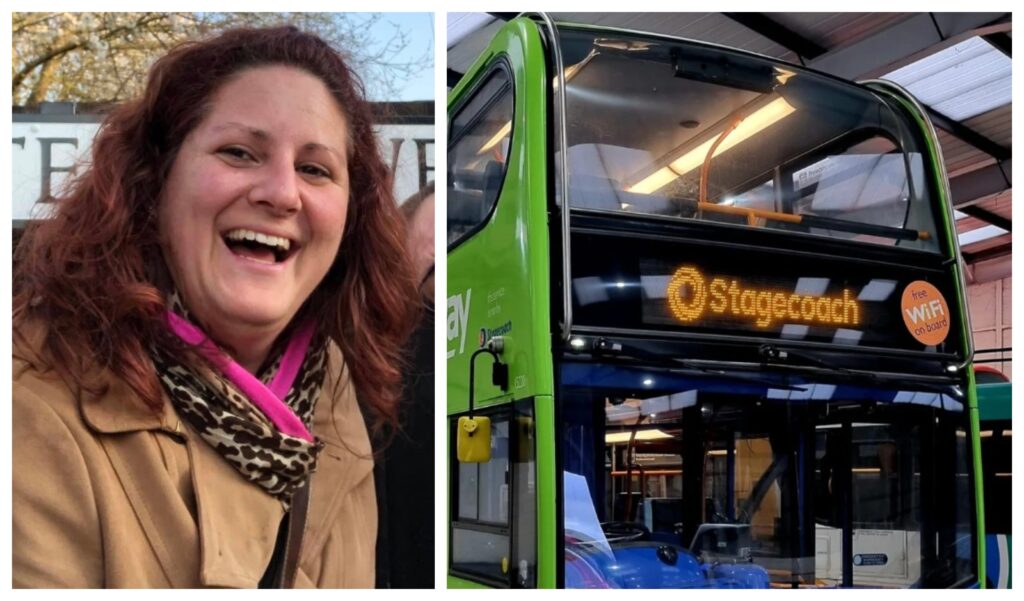
Cllr Meschini challenged the mayor to reveal the financial models he now plans to use, adding: “He said he had models in mind—it’s time for him to come clean and tell us what they are.”
Bristow defends approach as independent review begins
Mayor Bristow has rejected suggestions that the delay reflects a lack of ambition, insisting that the priority must be delivering a system that is affordable for the long term and tailored to both urban and rural communities.
Earlier this month he convened a Bus Summit in Peterborough, bringing together operators from across the country to contribute to the new independent review. Chaired by transport expert Leon Daniels OBE, the review will report early next year and is intended to identify a viable franchising model for the region.
Speaking after the summit, Bristow said: “Growing up here, I relied on buses. I know how important they are, which is why it’s so important to me that we get franchising right and make it affordable and deliverable. I want a model that fits our mix of rural and urban areas.”
He also used social media to contrast his approach with the previous administration’s relationship with operators.
“The relationship between the last Mayor and bus operators reached rock bottom,” he wrote. “We have repaired this—and we will create a bus system across Cambridgeshire and Peterborough that works and is affordable.”
Leon Daniels echoed the need for careful planning, saying the summit marked “a key moment” in understanding what is required to make franchising succeed. “If done right, bus franchising will support local growth and deliver sustained prosperity for the region,” he said.
What franchising means—and why the delay matters
Under the franchising model approved in February, the Combined Authority would take control of routes, fares, timetables and service standards, while private operators would bid for contracts to run services. The model is already in place in Greater Manchester, where Mayor Andy Burnham launched the Bee Network, reporting rising passenger numbers and improved reliability.
Cllr Meschini pointed to Manchester as evidence that franchising can transform services.
She argued that franchising would deliver “the routes we want, at the times we need and for a fare that we can afford,” adding that profits could be redirected into improving the wider network instead of subsidising individual routes.
“Bus franchising gives us control over network planning so, for example, we can make sure that new housing developments have public transport connections from day one,” she said.
She also highlighted Manchester’s £2 single fare, £5 day ticket cap, more routes, longer service hours and higher punctuality—contrasting these with gaps and cuts in Cambridgeshire’s current deregulated system.
“How much longer are local residents going to be kept waiting to start to enjoy more benefits?” she asked. “I’ll be using every influence I have to get our buses back on track.”
Background: a long road to reform
Franchising was chosen in February after a major public consultation, in which 63% of over 1,600 respondents backed bringing buses under public control. Former mayor Dr Nik Johnson described the move as “one of the most significant moments for local public transport in decades,” arguing that the deregulated system introduced in the 1980s had produced “ever-dwindling, unreliable services which don’t meet passenger need.”
His administration anticipated a late-2027 launch for the first publicly controlled routes. Funding was expected to come from a mix of fares, council contributions, government grants and the mayoral precept. But Bristow was elected on a pledge not to raise the precept, leaving a gap in the financial framework for franchising and prompting the current review.
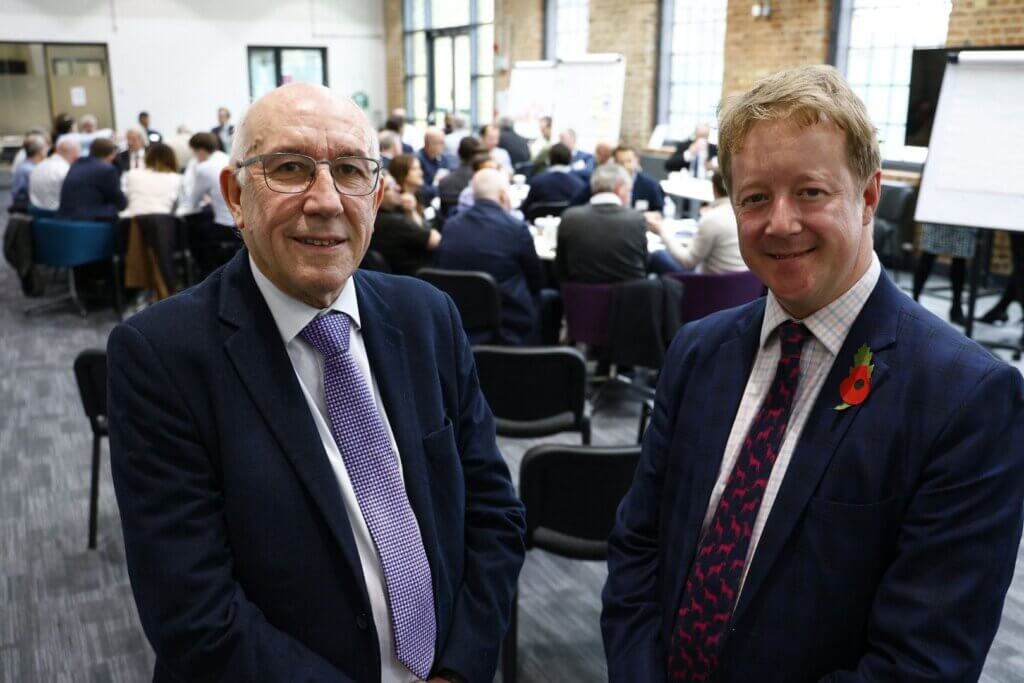
Outside the franchising work, the Combined Authority has continued interim improvements such as the “Tiger on Demand” rural services and a £1 fare cap for under-25s, but these sit alongside continued commercial withdrawals by operators on less profitable routes.
What happens next?
The results of the independent review, expected early in 2026, will determine how the franchising programme is reshaped. Options likely to be considered include scaling back initial ambitions, phasing franchising over a longer period or introducing new funding measures.
Until then, uncertainty hangs over one of the region’s most significant transport reforms in decades—while passengers continue to face inconsistent services, especially in rural areas where routes have been cut or thinned out.
For now, the political debate seems set to intensify. For Cllr Meschini, the public mandate is clear and the delay unacceptable. For Mayor Bristow, getting the sums right is essential before pressing ahead.
What both sides agree on is that the bus system needs reform. The question now is not whether franchising will come—but when, in what form, and who will ultimately be held responsible for the delay.

